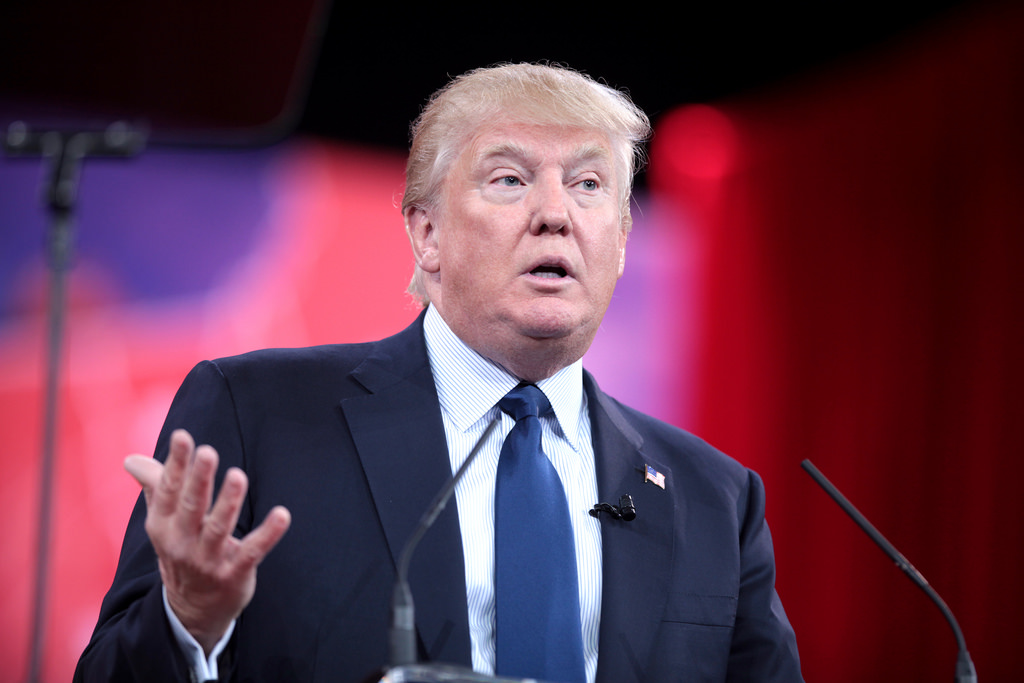My political consciousness was born on a sunny November afternoon, crying on top of a laptop. I was ten. Barack Obama had been elected president a couple days earlier. In a classroom discussion about the election, my teacher offhandedly mentioned that our President-elect had given a pretty good speech at the 2004 Democratic National Convention, and we might want to give it a look. That day at the dining room table, with Youtube pulled up on the family laptop, I knew five minutes into his speech that I was watching something sacred.
Being on the edge of adolescence, my insecurity forbade me from revealing a hint of public emotion. So, defying the family rule prohibiting me from bringing the laptop to my room, I tiptoed up the stairs and, nervously swiveling my head back and forth, slipped into my room and closed the door behind me. And, as my president reached the emotional peak of his address – “There’s not a liberal America and a conservative America; there’s the United States of America!” – the nascent hairs on my arm stood on end and my ten-year-old frame shook as I bawled.
That speech made me obsessed. More critically, it made me an idealist – which hasn’t always remained easy throughout the Obama years. But, through the darkest moments of Barack Obama’s presidency, I returned to that 2004 address. When Congress did nothing after a gunman legally purchased a military grade weapon and slaughtered 20 first graders, I watched the ’04 Convention speech. When Healthcare.gov crashed and liberals everywhere were forced to wonder whether government could accomplish great things anymore, I needed the speech. For eight years I held on to that 15 minute Youtube video like a solitary candle, using it to lead me through a maze of dark political corridors.
If the Obama years presented some dark corridors for idealists, the Trump years may as well be a blackened cave. One of America’s best men will soon be replaced by one of its worst. Nuance will be exchanged for vapidity. An earnest populist commitment to collective action and empathy will be crowded out by a faux-populism driven by billionaires.
So, how should idealists think about the 2004 DNC speech? Idealism doesn’t denote blindness — and only blindness supports the image of America President Obama described that night in Boston twelve years ago. There very clearly is a red America and a blue America. There is a white America and a black America. Obama’s description of American optimism as, “The hope of slaves sitting around a fire singing freedom songs; the hope of immigrants setting out for distant shores,” doesn’t explain why the descendants of those European immigrants elected a tribune dedicated to squashing the progeny and progress of those slaves.
The scope of America’s divisions is comparable to the 1860s. We had another great leader then who fought to preserve a nation dedicated to the simple proposition that all men are created equal. Lincoln’s struggle — for pluralism, liberty and a new birth of freedom — is now the struggle of American idealists. Trump’s election confirms that the America President Obama described in 2004 doesn’t exist. But history will never forgive us if we do not struggle — at all turns, in the culture and in our politics — to ensure that, some day, it does.
Idealism isn’t logical. All the evidence suggests America is on the precipice of years of darkness. In the face of that darkness, idealism is a tool for moral survival. Despair is the easier choice in Trump’s America. It’s the rational choice. But struggle is the moral imperative. And through the struggle, we can emulate one of our greatest presidents in hoping, audaciously, that, “Out of this political darkness, a brighter day will come.”
Max Foley-Keene is a freshman government and politics major. He can be reached at maxfkcap2016@gmail.com.



